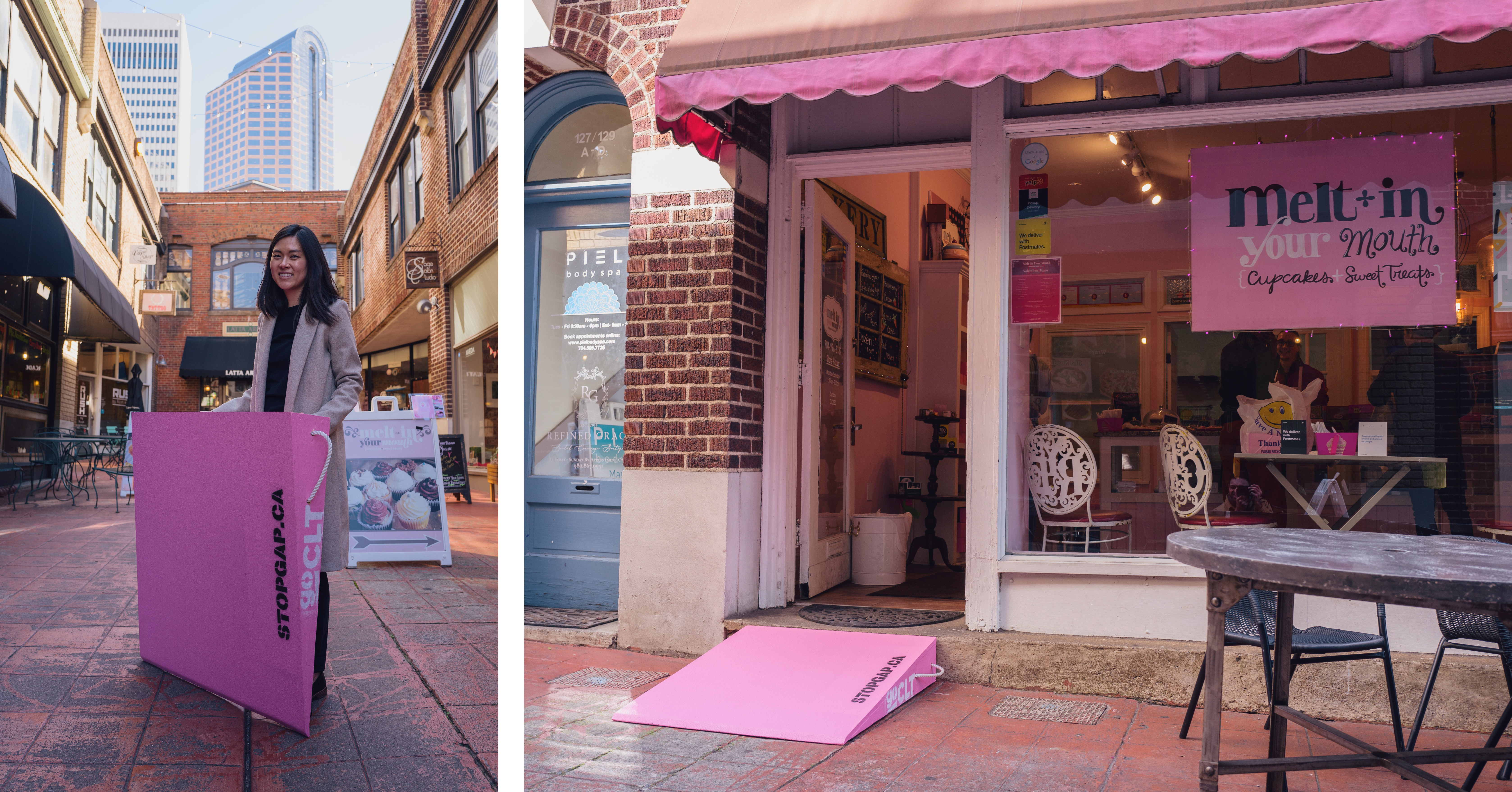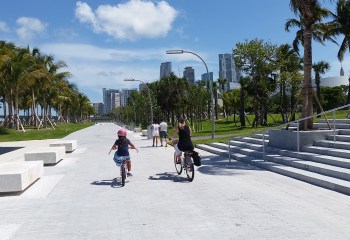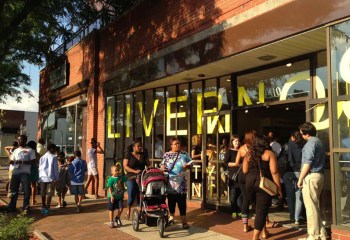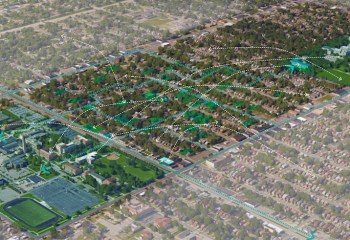Seven innovative projects will use public data to enhance civic engagement.
MIAMI — June 10, 2020 — In an effort to transform how publicly available data is used in communities to engage residents, the John S. and James. L. Knight Foundation today announced $1 million in funding for seven innovative projects across the country that put data to work in support of greater civic engagement.
For more than a decade, an unprecedented amount of big data has been made available to the general public by governments and private companies through efforts such as the U.S. Open Government Initiative or Uber’s Movement platform. But so far, these efforts have mostly been leveraged by individuals with the technical expertise to successfully mine the data. Knight’s funding aims to advance such important aforementioned projects to harness data to generate greater civic engagement, and create more informed and engaged communities.
“These projects meet residents where they are — on platforms they recognize, and in the cities they know — to show that we can engage residents with data and create more responsive communities,” said Lilian Coral, Knight’s director for national strategy and technology innovation. “Utilized well, open data could help local governments effectively tackle major community issues, such as the health effects of lead and pollution, or growing gentrification in communities.”
These seven innovative projects (kf.org/opendatawinners) will work to enhance civic engagement by developing new models of public trust around big data, while also exploring new ways to capture community sentiment. If successful, they will serve as a spark for civic dialogue and conversation and help residents be a part of developing solutions for community challenges. Citizen engagement with data can also foster greater government and institutional accountability, since data will become clearer, more accessible and applicable to their daily lives.
Each project will operate in one of the 26 communities where Knight invests. They include:
- Visual Data to Support Urban Planning (Charlotte): To develop an immersive platform that allows 3D visualization of neighborhoods and community data that engages community members in the development of the City of Charlotte’s Comprehensive Plan. The effort will focus on young people, who have been especially disengaged.
- Neighborhood-Led Permitting (Philadelphia): To expand a startup, resident-led effort that draws on the city’s existing open data platform to notify neighbors of permitted construction and to provide educational resources to help identify unsafe construction which has led to building collapse and lead exposure.
- SIM-PHL (Philadelphia): To support the Entrepreneurial Game Studio at Drexel University that will use available municipal data to develop a SimCity-type game that allows residents to explore the political, economic and sociological forces that shape an urban neighborhood in a playful and engaging format.
- Edit the City! (Philadelphia): To generate public-sourced open data recommendations for the South Street Headhouse District vision planning process. Residents will be enabled to provide input on alterations to the public realm and co-create the future of the street through creative remote and digital engagement. In the first phase, the project will support the business community and the reopening and recovery of South Street in the aftermath of COVID-19.
- Urban Periscope (San Jose): To use augmented reality to create data visualizations telling pedestrians and residents about the spaces they are traversing and encouraging participation in civic action. The project is led by Gensler, a design and architecture firm shaping the future of cities.
- Making Civic Data Accessible with Audio (Wichita): A collaboration between the audio company Sonify, the Wichita Community Foundation, Envision and local newsrooms to use data in audio as a way to enable data-driven storytelling that targets users who are blind or visually impaired. The overall goal is to learn how to communicate data with sound, with the potential for wider applications.
- SmartAirLA-Long Beach Alliance for Children with Asthma (Long Beach): To pilot a real-time Asthma Alert that identifies when and where Long Beach asthma patients are likely to experience an asthma attack from concentrated air pollution. With the Alert, the Long Beach Alliance for Children with Asthma will reach out to pediatric asthma patients and their families to improve asthma self-management. The Alert will also help asthma patients avoid infections during outbreaks such as COVID-19 where air pollution and asthma are high-risk factors.
The open data initiative is part of Knight’s Smart Cities program, which seeks to support stronger, more engaged communities by enabling the voice of the community to be reflected in the design and use of technology.
###
About the John S. and James L. Knight Foundation
Knight Foundation is a national foundation with strong local roots. We invest in journalism, in the arts, and in the success of cities where brothers John S. and James L. Knight once published newspapers. Our goal is to foster informed and engaged communities, which we believe are essential for a healthy democracy.
Media Contact:
Marla Oxenhandler, [email protected], 954-699-4400 or Julie Spechler, [email protected], 954-401-1425.
Image (top): Charlotte, North Carolina by Clay Banks on Unsplash.










